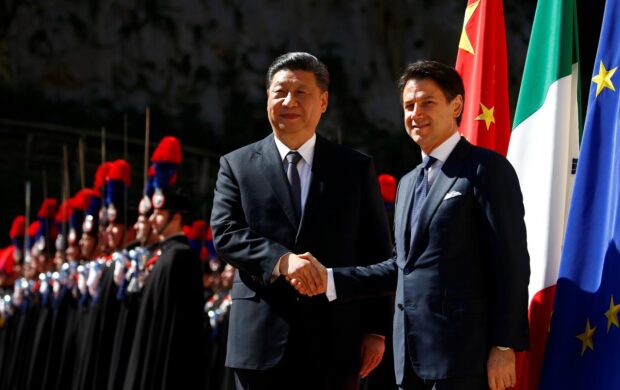A first step has been taken towards a single passport for African Union (AU) citizens, which will allow them to travel across the continent without visas.

At the 27th African Union Summit in Kigali, Rwanda, in July, the first passports were presented to Chadian President Idriss Déby and the Rwandan leader Paul Kagame, granting them visa-free access to all 54 AU member states.
Initially, the passports are only being made available to diplomats and state or government officials, but the goal is that, by end-2018, all AU citizens will be able to apply. (To give a sense of the scale of this, the AU has a population of 1.05 billion, dwarfing the 418 million of the EU Schengen Area, the only other regional passport zone).
It is now up to each country to issue the passports according to its national regulations, in partnership with the African Union. The Seychelles, Rwanda, Ghana and Mauritius have taken a lead, beginning with lifting visa requirements.
















